Festivals in Bolivia, a landlocked country in South America known for its diverse cultural heritage and stunning landscapes, celebrates a myriad of festivals and holidays throughout the year. These festivities are deeply rooted in Bolivia’s indigenous traditions, colonial history, and the unique blend of indigenous and mestizo influences. In this exploration, we will delve into some of the most relevant festivals and holidays in Bolivia, examining their historical origins, cultural significance, and the ways in which they contribute to the nation’s identity.
1. Bolivia’s Independence Day – August 6th
Bolivia’s Independence Day is a significant national holiday that commemorates the country’s independence from Spanish rule. On August 6, 1825, Bolivia officially declared its independence, marking the end of colonial domination. The day is celebrated with patriotic fervor, featuring parades, flag ceremonies, cultural events, and traditional dances across the nation.
La Paz, the capital, hosts a grand military parade, and celebrations extend to cities and towns throughout Bolivia. Independence Day is not only a historical milestone but also a day to reflect on Bolivia’s journey as a sovereign nation and to celebrate the rich tapestry of its cultural diversity.
2. Carnaval de Oruro – February/March
Carnaval de Oruro stands out as one of Bolivia’s most iconic and vibrant celebrations, recognized by UNESCO as a Masterpiece of the Oral and Intangible Heritage of Humanity. Held in the city of Oruro, this carnival is a spectacular showcase of traditional dances, music, and religious syncretism.
The highlight of Carnaval de Oruro is the Diablada, a dance that blends indigenous Andean and Spanish colonial elements. Participants, adorned in intricate costumes and masks, parade through the streets, depicting the struggle between good and evil. The celebration also honors the Virgen del Socavón, the patron saint of miners.
3. Gran Poder Festival – May/June
The Gran Poder Festival is a lively and colorful celebration held in La Paz, showcasing the vibrancy of Bolivia’s cultural diversity. The festival’s origins date back to the 16th century when indigenous communities began incorporating Catholic traditions into their religious festivities.
Today, Gran Poder is a massive procession featuring traditional dances, vibrant costumes, and music that reflects the fusion of indigenous and mestizo influences. The streets come alive with the energy of more than 50 dance groups, known as fraternities, each offering a unique interpretation of Bolivia’s cultural heritage.
4. Año Nuevo Andino – June 21st
Año Nuevo Andino, or Andean New Year, is celebrated on June 21st, coinciding with the winter solstice in the Southern Hemisphere. This indigenous festival predates the arrival of the Spanish and holds deep cultural and spiritual significance for the Aymara people, one of Bolivia’s largest indigenous groups.
The celebrations involve traditional rituals and ceremonies conducted by Aymara priests, known as yatiris. These ceremonies seek blessings from Pachamama, the Earth Mother, and involve offerings and dances. Año Nuevo Andino is a unique celebration that reflects the enduring connection between Bolivia’s indigenous communities and the natural world.
5. Fiesta de la Virgen de Copacabana – August 5th-6th
The Fiesta de la Virgen de Copacabana is an important religious celebration held in the town of Copacabana on the shores of Lake Titicaca. The festival honors the Virgen de Copacabana, the patron saint of Bolivia, and is marked by religious processions, traditional dances, and cultural events.
Pilgrims from various regions of Bolivia travel to Copacabana to participate in the festivities and seek the blessings of the Virgen. The celebration underscores the fusion of Catholicism and indigenous beliefs, a hallmark of Bolivia’s cultural identity.
6. Día de Todos Santos – November 1st-2nd
Día de Todos Santos, or All Saints’ Day, is a significant religious observance that honors deceased loved ones. Celebrated on November 1st and 2nd, it coincides with the Catholic traditions of All Saints’ Day and All Souls’ Day. Bolivians engage in various rituals, including visiting cemeteries, decorating graves, and participating in religious ceremonies.
In Bolivia, the celebration often involves the preparation of traditional foods, particularly Tantawawas, special bread figures shaped like people and animals. Families come together to remember and celebrate the lives of those who have passed away, creating a connection between the living and the departed.
7. Entrada Universitaria – June/July
The Entrada Universitaria is a colorful and exuberant parade that takes place in the city of Sucre, celebrating the country’s universities. Held in June or July, the festival features dance groups from various universities, each showcasing their unique costumes and choreography.
The parade includes traditional Bolivian dances, contemporary performances, and vibrant music. The Entrada Universitaria is a lively demonstration of Bolivia’s cultural richness and the creativity of its youth.
8. Diablada de Píllaro – January 1st-6th
While Diablada de Píllaro is more prominently celebrated in Ecuador, its influence extends to the bordering regions of Bolivia. This festival, dedicated to the Virgin of Píllaro, involves a lively procession featuring dancers portraying angels, devils, and various mythical characters.
The Diablada de Píllaro is a unique expression of syncretism, blending indigenous beliefs with Catholic traditions. The festival is a testament to the cultural interchange that occurs in border regions, reflecting the interconnectedness of Bolivia’s cultural tapestry.
9. Corpus Christi – May/June
Corpus Christi is a Catholic festival celebrated throughout Bolivia, marking the presence of the Eucharist in the Catholic Church. The celebrations include religious processions, colorful street carpets made of flowers and dyed sawdust, and traditional dances.
Cities and towns across Bolivia participate in the festivities, with each community adding its own cultural touch to the celebrations. Corpus Christi is a visual spectacle that showcases Bolivia’s religious traditions and artistic expressions.
10. Tinku Festival – May
The Tinku Festival is a traditional indigenous celebration that takes place in the town of Macha, in the Potosí Department. The festival is a ritualistic event that involves communal dancing, music, and symbolic combat between participants.
Tinku, meaning “encounter” in Quechua, represents a form of ritualized conflict aimed at maintaining harmony between humans and nature. The festival has pre-Columbian origins and reflects the enduring ties between indigenous communities and their ancestral traditions.
Conclusion
Bolivia’s festivals and holidays provide a captivating journey through the country’s cultural diversity, historical depth, and the harmonious blend of indigenous and mestizo influences. From the iconic Carnaval de Oruro to the religious fervor of Fiesta de la Virgen de Copacabana, each celebration contributes to the multifaceted tapestry of Bolivia’s identity.
These festivals are not just occasions for revelry; they are expressions of Bolivia’s resilience, creativity, and commitment to preserving its unique cultural heritage. Whether through colorful parades, religious processions, or traditional dances, Bolivians
come together to celebrate their history, spirituality, and shared values.
Moreover, these celebrations serve as a bridge between Bolivia’s past and present, fostering cultural continuity and dialogue. The syncretism evident in festivals like Año Nuevo Andino and Carnaval de Oruro reflects the enduring connection between indigenous traditions and the influences of colonial history.
As Bolivia continues to evolve, these festivals will undoubtedly remain integral to the fabric of the nation. They provide a space for both Bolivians and visitors to engage with the cultural richness of the country, experiencing the traditions, stories, and collective spirit that define this captivating South American nation.


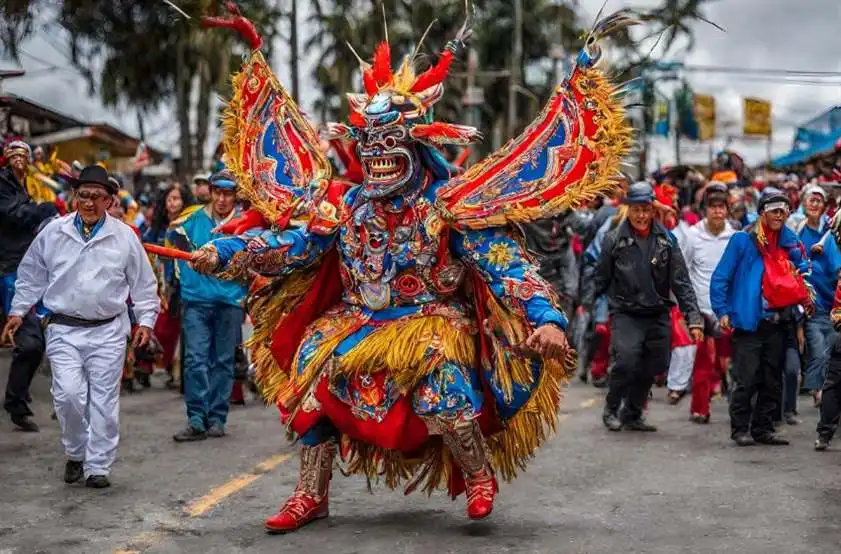
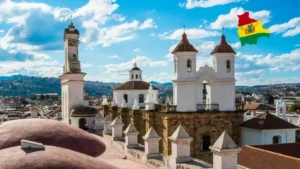
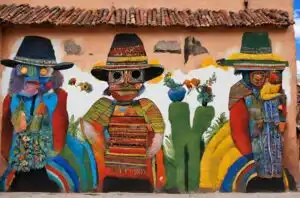
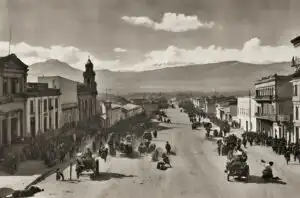
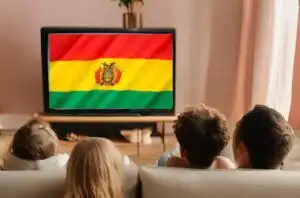
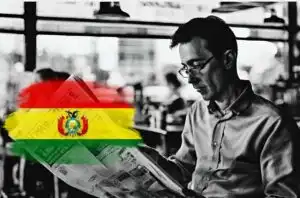
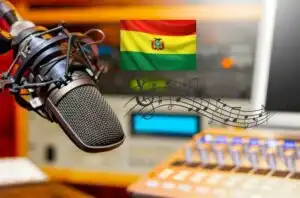
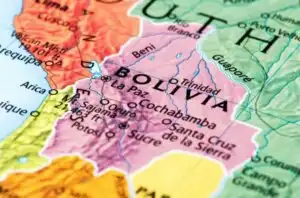
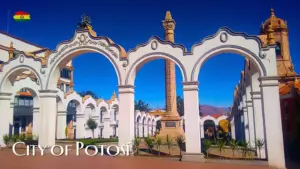
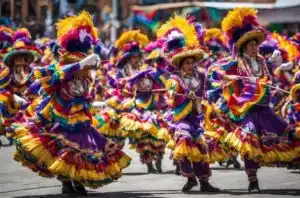
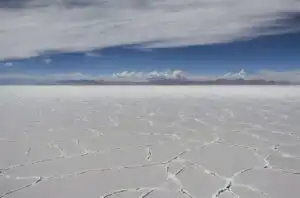
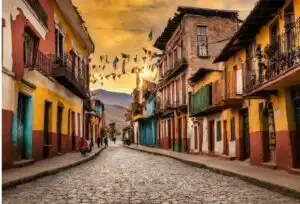
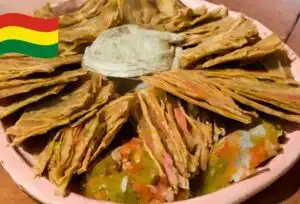
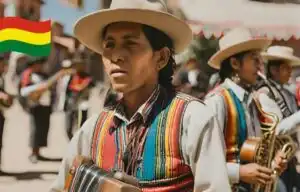
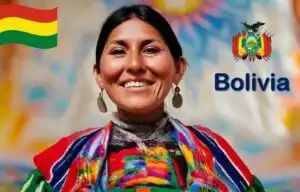
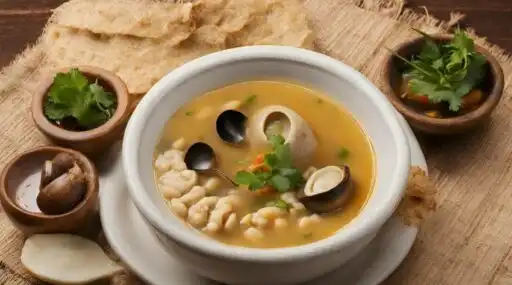
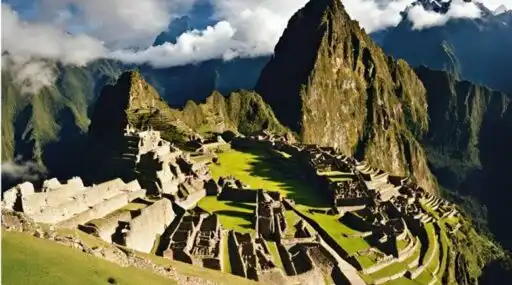
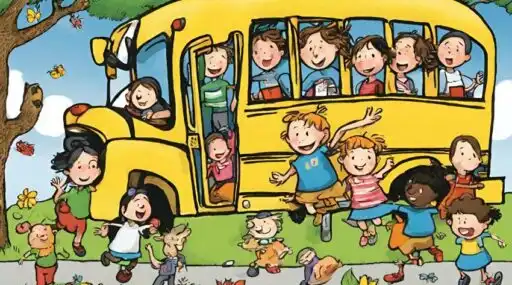
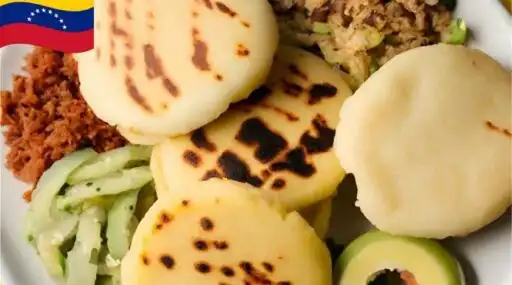
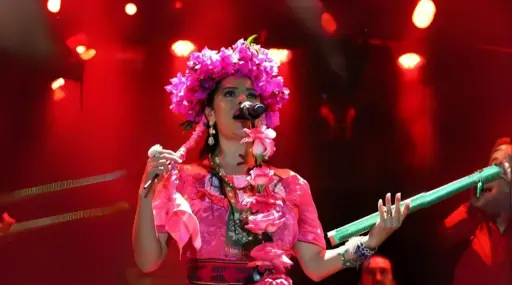
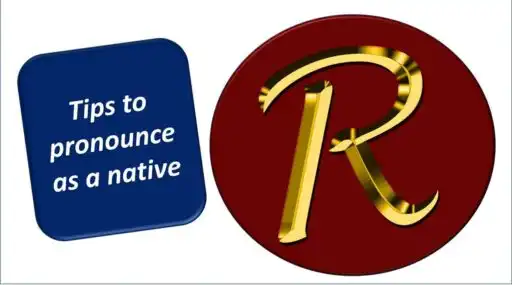
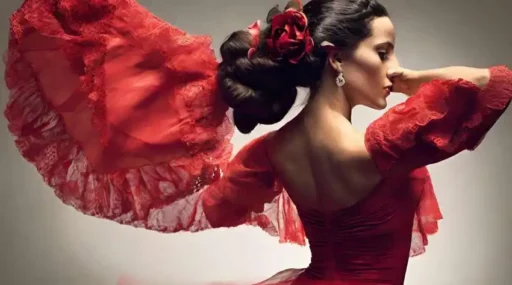
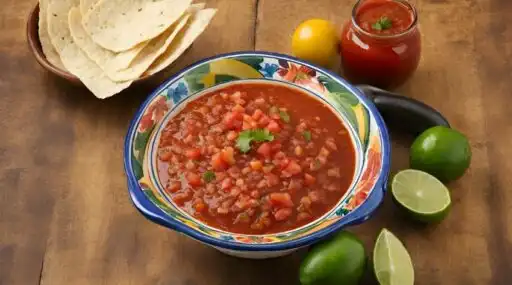
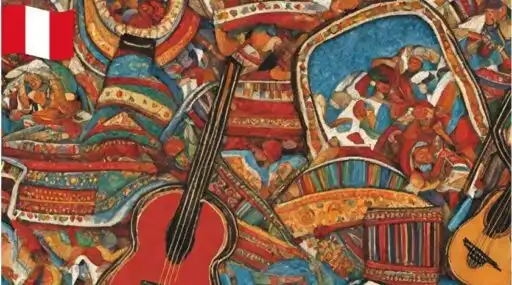
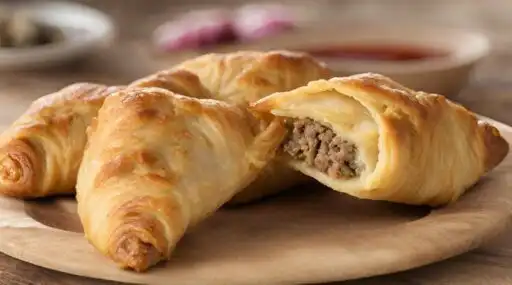
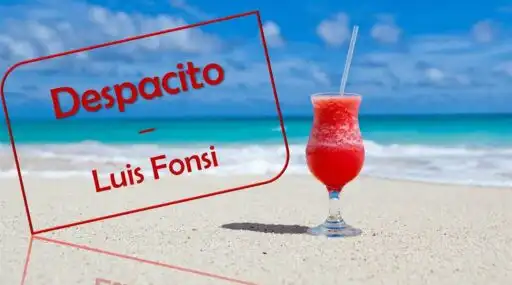
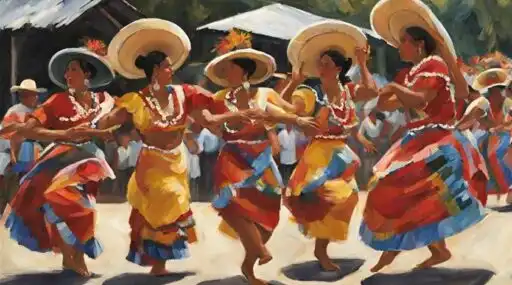
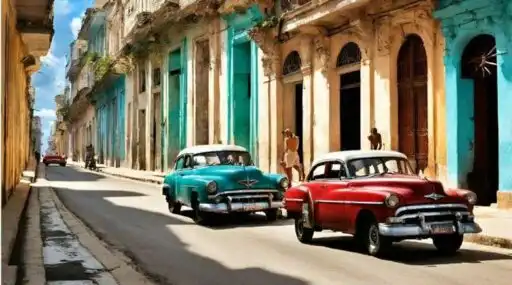
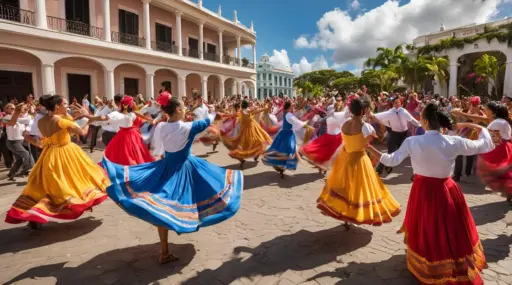
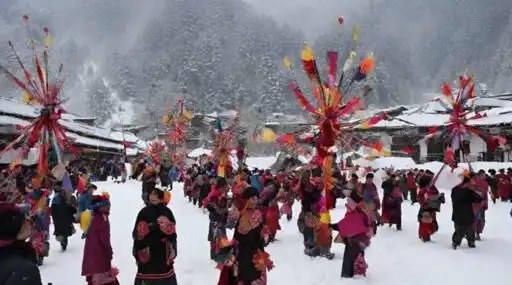
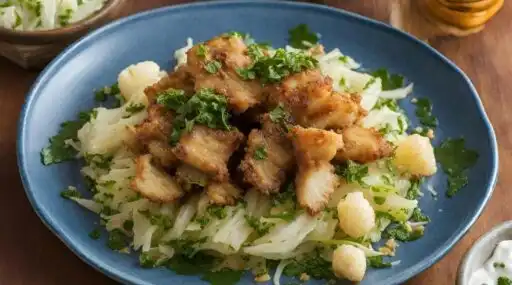
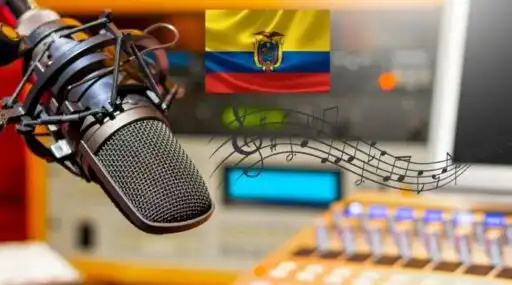
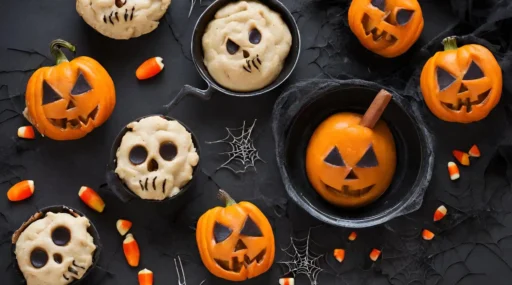
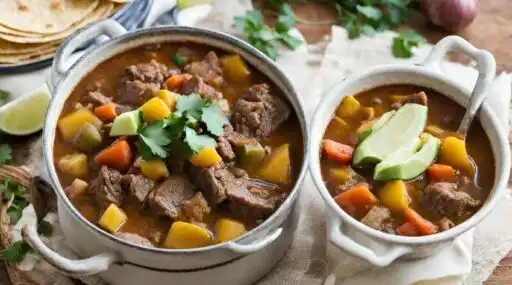
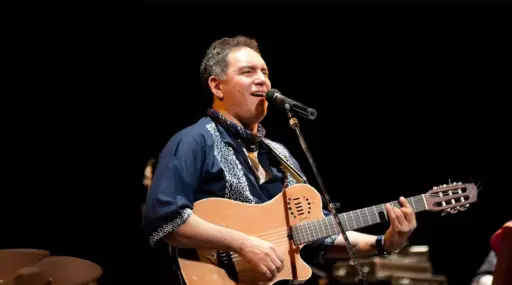

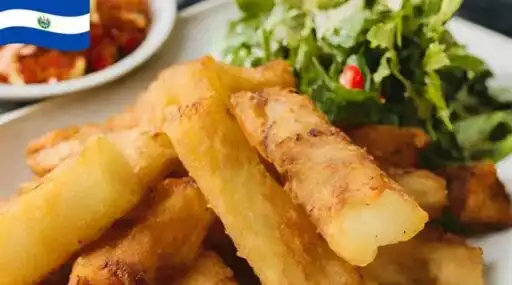
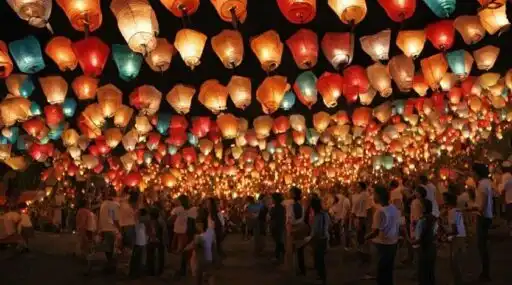
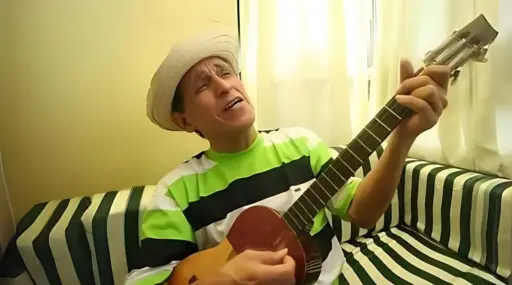
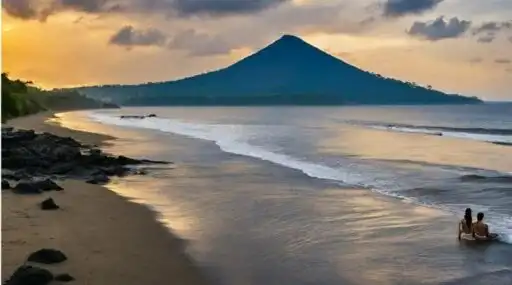
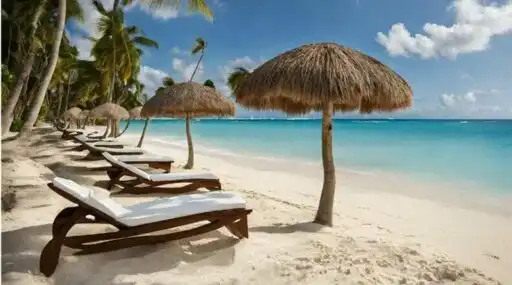
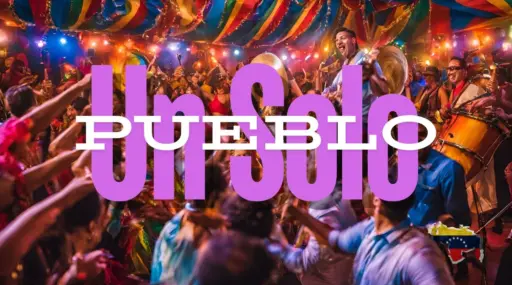
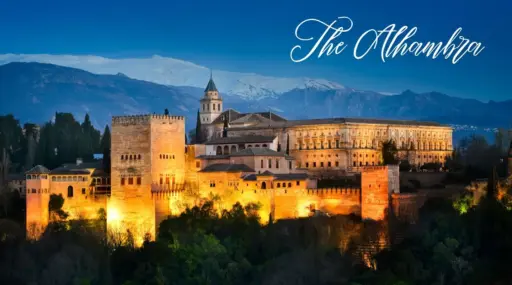
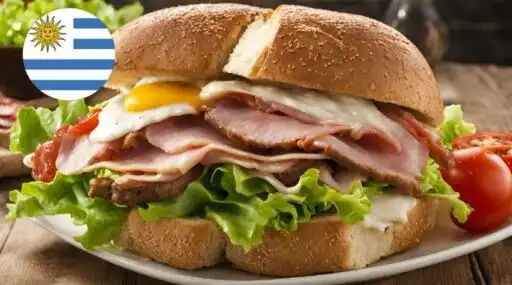
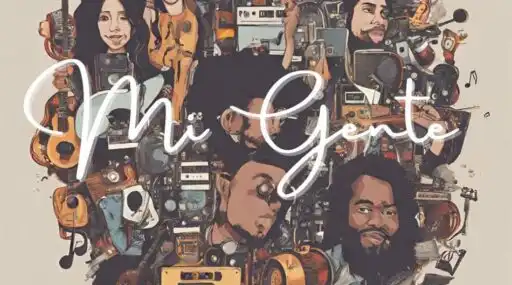
Leave a Reply